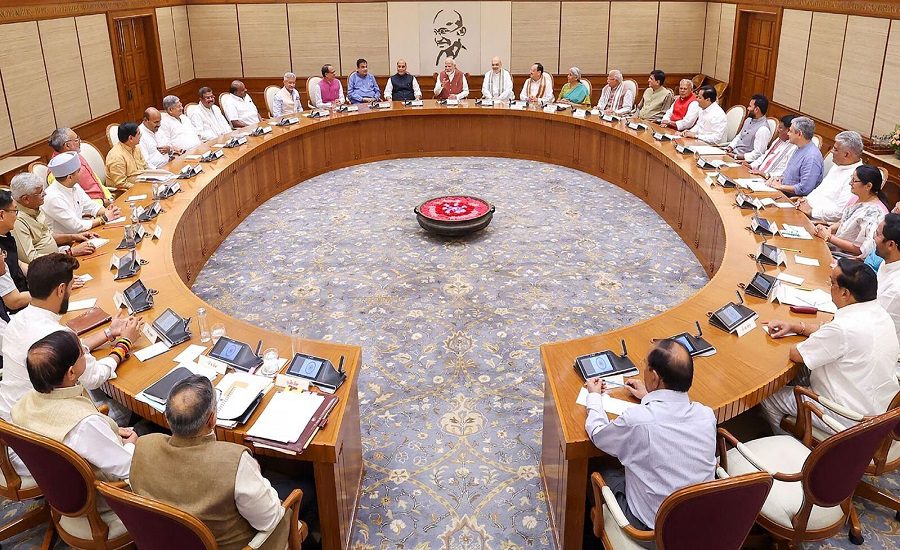New Delhi: In a significant step towards strengthening India’s cooperative ecosystem, the Union Cabinet chaired by Prime Minister Narendra Modi has approved a Central Sector Scheme titled “Grant-in-Aid to National Cooperative Development Corporation (NCDC)” with a total outlay of ₹2,000 crore for the period 2025–26 to 2028–29.
The scheme, set to disburse ₹500 crore each year over four years, is designed to bolster cooperative development across sectors such as dairy, livestock, fisheries, sugar, textile, food processing, warehousing, cold storage, and women-led cooperatives.
Leverage for Greater Impact
The grant is expected to unlock up to ₹20,000 crore in credit, which NCDC will raise from the open market using this government support as a capital base. These funds will be channelled into long-term and working capital loans to cooperatives for:
- Setting up new projects
- Expansion and modernization of existing units
- Technology upgrades
- Infrastructure development
- Liquidity support for daily operations
Beneficiaries
The scheme is projected to benefit approximately 2.9 crore members from 13,288 cooperative societies across the country, significantly enhancing their operational efficiency, competitiveness, and financial viability.
This includes targeted support to cooperatives involving:
- Women entrepreneurs
- Labour collectives
- Marginal farmers
- Rural self-help groups
- Farmer Producer Organizations (FPOs)
NCDC as Implementing Agency
The National Cooperative Development Corporation (NCDC), a statutory body under the Ministry of Cooperation, will serve as the executing agency. Its responsibilities will include:
- Disbursement of funds
- Project monitoring
- Recovery of loans
- Ensuring compliance with its direct funding guidelines
Cooperatives can receive funds either through state governments or directly, provided they meet eligibility criteria and offer admissible collateral or a state guarantee.
Broader Impact on Rural Economy
With over 8.25 lakh cooperatives and more than 29 crore members, the cooperative sector forms the backbone of India’s rural economy. An estimated 94% of Indian farmers are associated with cooperatives, making them critical to achieving inclusive economic growth, food security, and employment generation.
The infusion of capital is expected to:
- Modernize agricultural and allied infrastructure
- Create income-generating assets in rural areas
- Stimulate job creation across various skill levels
- Promote women’s participation in the workforce
- Facilitate self-reliance (Aatmanirbharta) in key economic sectors
Expert Insight
Experts see this move as aligned with the Government of India’s broader vision of “Sahkar se Samriddhi” (Prosperity through Cooperation), under the leadership of Union Minister of Cooperation Amit Shah. The initiative is likely to catalyze structural reforms in the cooperative finance space by:
- Enhancing liquidity and risk-bearing capacity
- Enabling grassroots entrepreneurship
- Promoting cooperative governance based on democratic values and community welfare



























